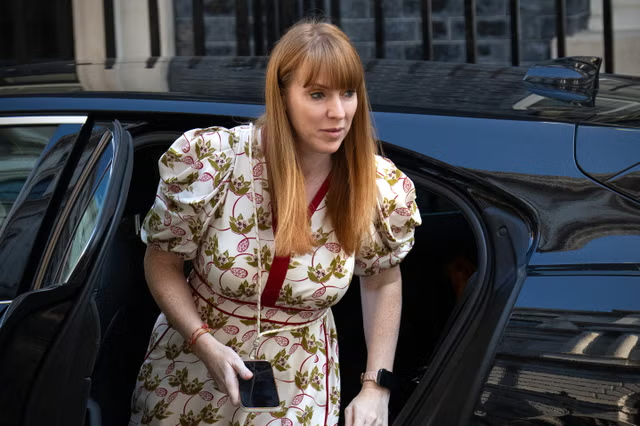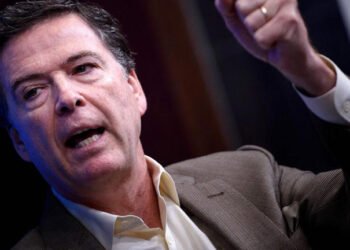Prime Minister Keir Starmer is under mounting pressure to introduce a wealth tax as his government searches for ways to plug a large hole in the nation’s finances, with new polling showing overwhelming support among Labour members for the move.
A fresh survey revealed that 91 percent of party members believe the government should increase taxes on the rich, prompting calls for what some describe as a “radical change of direction” in economic policy.
The pressure intensified following reports that Deputy Prime Minister Angela Rayner had earlier this year urged Chancellor Rachel Reeves to explore eight separate wealth tax proposals rather than resort to departmental cuts, according to a leaked memo.

Former shadow chancellor Anneliese Dodds also joined the push, expressing support for a wealth tax and cautioning that spending cuts alone would not “deliver the kind of fiscal room that is necessary.”
The debate comes against a backdrop of growing uncertainty over how ministers plan to address the fiscal shortfall caused by a string of major U-turns and spending pledges. The National Institute of Economic and Social Research (NIESR) last month warned the chancellor faces a deficit of £41.2bn.
At last month’s spending review, departmental budgets were already pared back, leading many observers to conclude that tax rises are now the only realistic option left on the table.
Members Also Oppose Two-Child Benefit Cap
The Survation poll, commissioned by the think tank Compass, found that 84 percent of Labour members want the government to end the two-child benefit cap — a policy that has become increasingly unpopular among MPs on the party’s benches.
Former Labour MP Jon Cruddas, founder of Labour Together and once a key policy coordinator under Ed Miliband, warned: “The danger now is that the leadership are way out of step with the membership and potentially the country in terms of the policies needed to head off Reform.”
“These are exactly the ideas we tested at Labour Together and are the basis for winning and transforming the country. The leadership should be listening to members – not out-of-touch factions.”
Jon Cruddas
Neal Lawson, director of Compass, said the findings showed that Sir Keir’s “fence-sitting and aping of Reform’s rhetoric isn’t wanted.” He argued that the government was elected on the promise of “a decade of national renewal” but has so far pursued welfare cuts for disabled people and punished MPs who dissent.
“Party members think what the general public think – that Labour offered change and now simply has to deliver on it. Without a big reset, then the keys to No 10 are being handed to Reform and Nigel Farage.”
Neal Lawson
Discipline Measures Spark Discontent Among Members
Tensions over party discipline have also been a flashpoint. Last year, only months into Labour’s time in office, seven MPs — including former shadow chancellor John McDonnell — lost the whip after voting against the two-child cap.
In July, Rachael Maskell, Neil Duncan-Jordan, Brian Leishman, and Chris Hinchliff were suspended for opposing the government’s contentious welfare cuts.
The polling suggests most members view such actions as too severe, with 74 percent saying that challenging the government on controversial bills should not lead to suspension.
These developments reflect broader unease about the prime minister’s direction from voters across the political spectrum. Sir Keir’s personal approval ratings have continued to slide, hitting their lowest point yet last month.
As calls for a wealth tax and a shift in welfare policy grow louder, the prime minister faces a critical choice: heed the demands of his party’s base or risk widening the divide between Labour’s leadership and its grassroots supporters.
READ ALSO: Ghanaian Entertainment Personalities Pay Last Respect To Helicopter Crash Victims



















